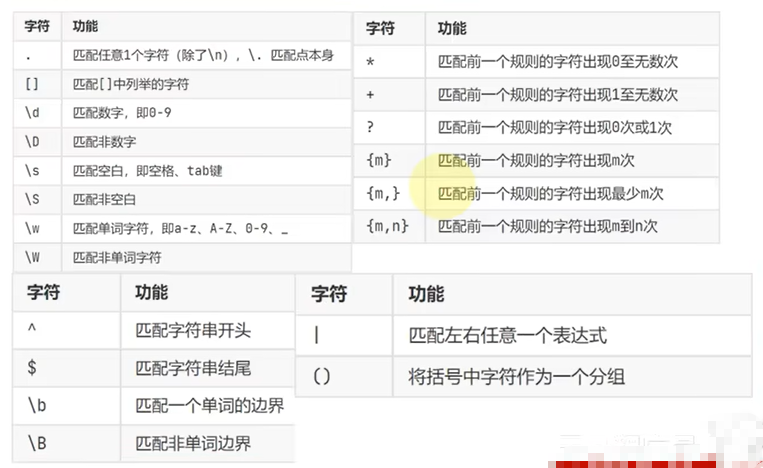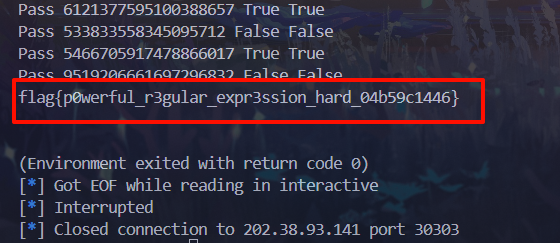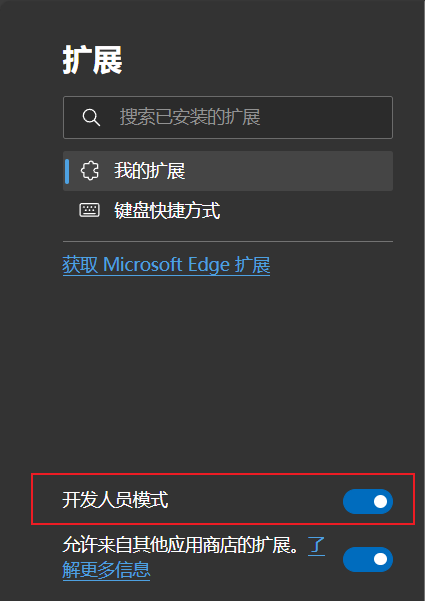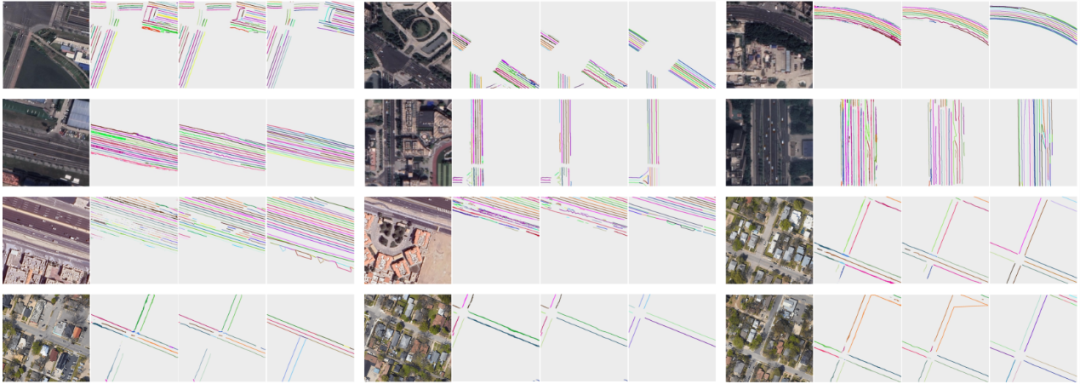1.
(1)
public class dog {
public void eat(){
System.out.println("在吃狗粮");
}
public void drink(){
System.out.println("在喝水");
}
public void lookhome(){
System.out.println("在看家");
}
}
(2)
public class hashiqi extends dog{
public void chaijia(){
System.out.println("哈士奇在拆家");
}
}
(3)
public class shapigou extends dog {
@Override
public void eat() {
super.eat();//吃狗粮
System.out.println("在吃骨头");
}
}
(4)
public class chinesedog extends dog{
@Override
public void eat() {
System.out.println("在吃剩饭");
}
}
(5)
public class text {
public static void main(String[] args) {
hashiqi h=new hashiqi();
h.eat();
h.drink();
h.chaijia();
h.lookhome();
System.out.println();
chinesedog cd=new chinesedog();
cd.eat();
cd.drink();
cd.lookhome();
}
}



2.
/*struct peo
{
char name[20];
char tele[20];
char sex[5];
int high;
}p1, p2;*/ //p1,p2是全局结构体变量
struct peo
{
char name[20];
char tele[20];
char sex[5];
int high;
};//也可以在main函数里,不过只会在main函数里有效
//结构体创建可以在任何地方
struct st
{
struct peo p;//p是成员变量
int num;
float f;
};
void print1(struct peo p)
{
printf("%s %s %s %d\n", p.name, p.tele, p.sex, p.high);//结构体变量,成员变量
}
void print2(struct peo* sp)
{
printf("%s %s %s %d\n", sp->name, sp->tele, sp->sex, sp->high);//结构体指针->成员变量
}
int main()
{
struct peo p1 = {"liujiawei","1000007451","男",185};
struct st s = {{"fanwenshuo","272352","女",173},18,36.6f };//浮点数在内存中不能精确保存
printf("%s %s %s %d\n",p1.name, p1.sex,p1.tele,p1.high);
printf("%s %s %s %d %d %f\n", s.p.name, s.p.sex,s.p.tele,s.p.high,s.num,s.f);
print1(p1);
print2(&p1);
return 0;
}




















